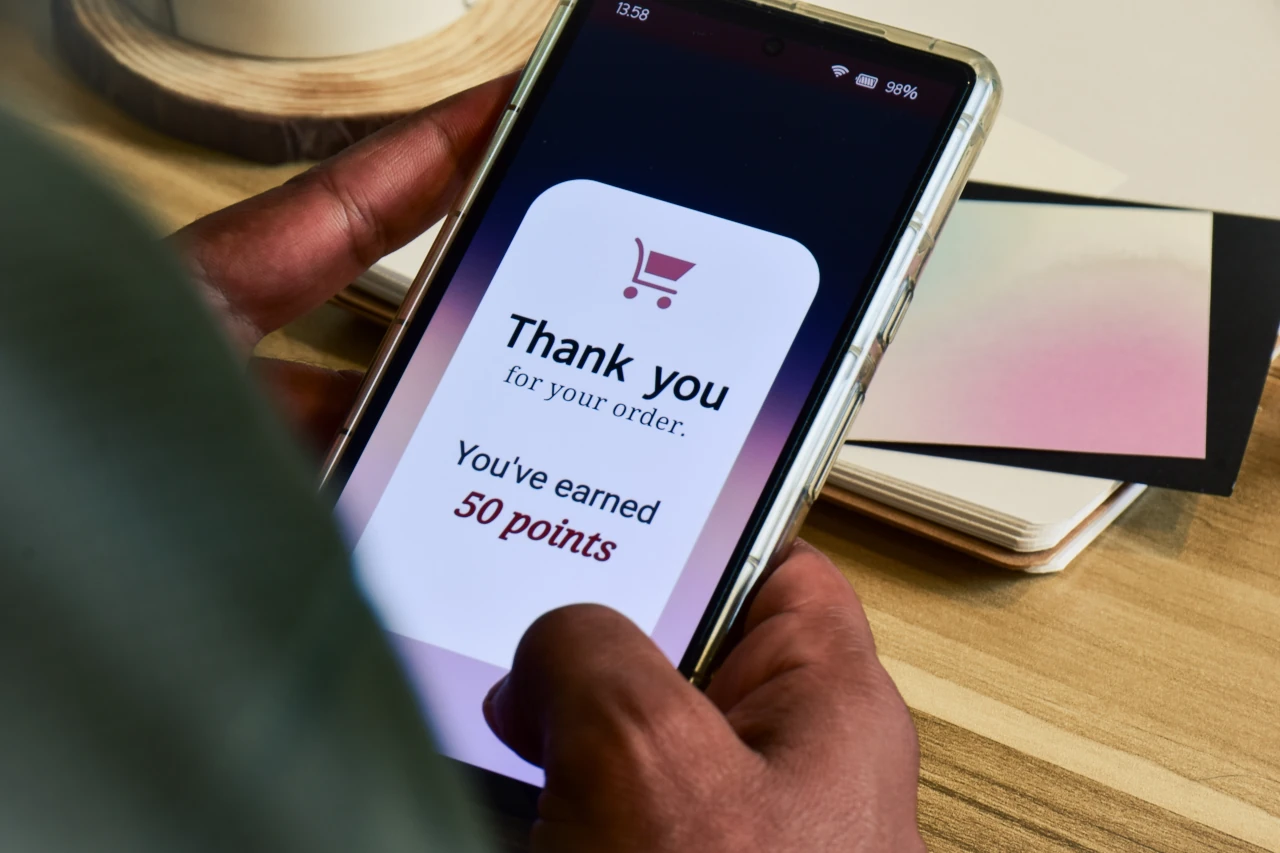
Loyalty programs have a much longer history than most people realize. We can trace their origins back to the late 18th century when a US trader began issuing copper tokens customers could redeem against future purchases. The idea spread like wildfire and quickly evolved. Expensive copper tokens were slowly replaced by other items like stamps and coupons, and then, in the 1990s, card-based loyalty schemes became increasingly popular.
Customers enjoy the benefits associated with these schemes - which often include discounts on products and services or access to exclusive promotions and products. On the other hand, companies value them because they encourage customer loyalty and can provide valuable customer data and insights.
The proliferation of digital technology in recent years has brought another evolution in loyalty programs. Many companies are now moving away from physical loyalty cards to digital app-based schemes. This begs the question - Are the days physical loyalty cards’ numbered?
At EDC, we don’t think physical cards are on their way out. Our successful best-of-both-worlds approach to loyalty schemes suggests the future lies in hybrid models that combine elements of both physical and digital loyalty schemes.
The rise of app-based loyalty schemes
The rise of app-based loyalty schemes can be attributed to three key factors:
1. Convenience - Increasingly, consumers’ entire lives are condensed into mobile devices. Digital technology allows them to access various products and services from their smartphone, often rendering other means of accessing these services redundant. Having all your digital assets and services in a single device is simply easier.
2. Accessibility and security - Physical loyalty cards are easily lost, misplaced, and left at home. By eliminating the need to carry a physical card, app-based schemes guarantee instant access whenever you need it and ensure consumers don’t forfeit their carefully accrued rewards should they lose their card.
3. Data and personalization - Perhaps the most influential reason digital schemes are on the rise is the importance of big data. Digital schemes facilitate extensive data collection and enable businesses to personalize offers to drive greater engagement and loyalty. Equally importantly, businesses can convert consumer data into valuable revenue streams.
The case for physical loyalty cards
While the case for digital loyalty cards is convincing, there’s still an argument to be made for physical cards.
1. Brand visibility - Physical cards are there every time a consumer opens their wallet and serve to create a tangible connection with a brand. While mobile devices tend to be overloaded with easily forgotten apps, you can only carry a few cards in your wallet, ensuring the select few are always visible.
2. The touch factor - Some consumers prefer a tactile shopping experience and appreciate the physicality of cards. In many cases, it may be the only part of a business that customers actually touch. It also makes them well-suited to older consumers and those who struggle with the accessibility of digital solutions.
3. Psychology - While digital solutions turn loyalty cards into abstract schemes that are easy to forget and can be difficult to understand, physical cards provide a feeling of ownership and buy-in.
Balancing both worlds

As both physical and digital solutions have distinct advantages, it’s worth considering how we can combine the best of each approach to create a hybrid solution. Hybrid loyalty schemes typically include a physical card and a digital component through which consumers can use their smartphone at checkout, access scheme information, and redeem their benefits. At the same time, the digital component enables businesses to collect data and reap the benefits of an improved understanding of customer behavior. Essentially, hybrid solutions are far more flexible and cater to a broader range of consumers while serving business needs better.
EDC’s card services
At EDC, we provide a comprehensive hybrid loyalty scheme solution encompassing both physical cards and digital integration. Our end-to-end service covers the design, production, and delivery of physical loyalty cards and the data management part of the digital component. By combining these services, we ensure customers benefit from the simplicity and ease of working with a single provider rather than multiple vendors.
It also allows businesses to take advantage of our Customer Communications Management (CCM) and Conversational AI solutions to deliver a more personalized loyalty service. Our experience building hybrid physical and digital solutions guarantees problem-free integration and unified customer experiences, while our design expertise means customers can tailor the aesthetics to align with the brand’s look and identity.
Hybrid loyalty schemes with EDC
The trend towards digital reward and loyalty schemes is unlikely to slow or reverse. As with most aspects of commerce, the future is digital. However, that doesn’t mean physical cards won’t play a valuable role. Hybrid loyalty programs offer the tactile and rewarding physical experience of cards with a convenient, data-centric digital component, ensuring all consumer needs and preferences are met. At the same time, this approach enables companies to take advantage of digitally-powered experiences, easier and more comprehensive data collection, and personalized offers and promotions.
To learn more about EDC card services, contact our expert team today.



